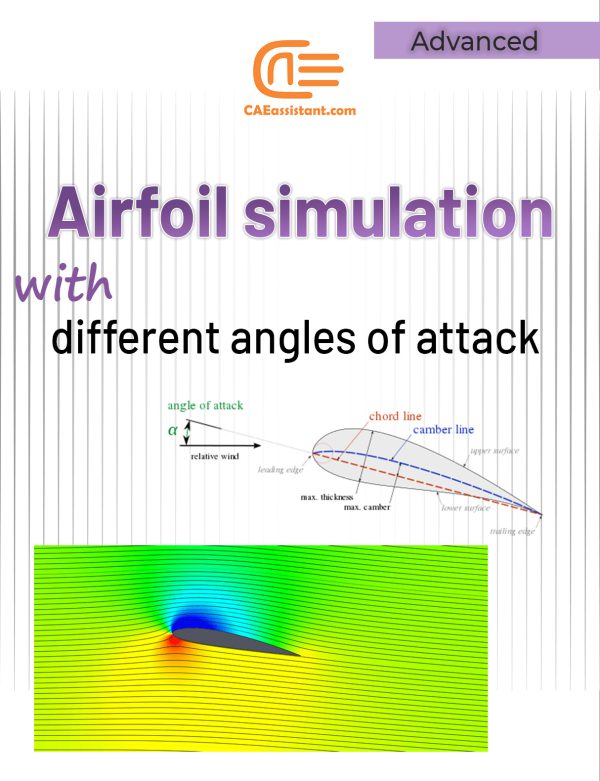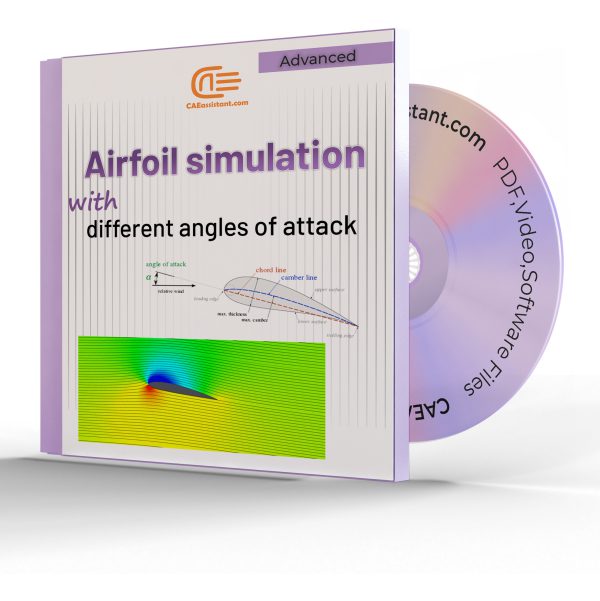Sarah Thompson
Sarah Thompson, a distinguished expert in Ansys, hails from the United Kingdom and has made substantial contributions to the field of engineering simulation. With her comprehensive knowledge, exceptional skills, and extensive experience, Sarah has established herself as a leading authority in utilizing Ansys software to solve complex engineering challenges.
Sarah was born and raised in London, England, where her fascination with engineering began at a young age. Inspired by her father, who was a mechanical engineer, she developed a keen interest in understanding how things worked and solving intricate problems. Sarah’s passion led her to pursue a Bachelor’s degree in Mechanical Engineering from the University of Cambridge. During her studies, she excelled in computational mechanics and discovered her aptitude for engineering simulation.
After completing her education, Sarah embarked on her professional journey in the engineering industry. She joined a renowned engineering consultancy firm in London, where she honed her skills in finite element analysis and computational fluid dynamics. Sarah’s exceptional abilities in utilizing Ansys software quickly became apparent, and she was entrusted with increasingly complex and challenging projects.Sarah’s expertise extends across various industries, including aerospace, automotive, energy, and biomedical engineering. She has worked on a multitude of projects involving structural analysis, fluid flow simulations, thermal analysis, and multiphysics simulations. Her ability to accurately model and analyze intricate systems using Ansys has resulted in innovative design optimizations, enhanced product performance, and significant cost savings for her clients.
Sarah possesses an extensive understanding of Ansys software, encompassing a wide range of modules and capabilities. Her expertise covers structural analysis, including linear and nonlinear static analysis, dynamic analysis, fatigue analysis, and composite materials simulation. Additionally, Sarah excels in fluid dynamics simulations, such as computational fluid dynamics (CFD) and multiphase flow analysis, enabling her to tackle diverse engineering challenges.
Her proficiency in Ansys has been instrumental in optimizing designs, predicting and mitigating structural failures, and evaluating fluid flow characteristics. Sarah has a deep understanding of meshing techniques, solver configurations, and post-processing strategies, allowing her to extract valuable insights from simulation results. Her expertise extends to advanced features of Ansys, such as parametric optimization, sensitivity analysis, and design exploration, which she leverages to drive innovation and efficiency in engineering projects.
Sarah is committed to staying at the forefront of her field and continuously expanding her knowledge. She actively participates in industry conferences, workshops, and professional development programs. She also shares her expertise through technical papers, articles, and presentations, contributing to the advancement of engineering simulation and promoting best practices in Ansys utilization.

